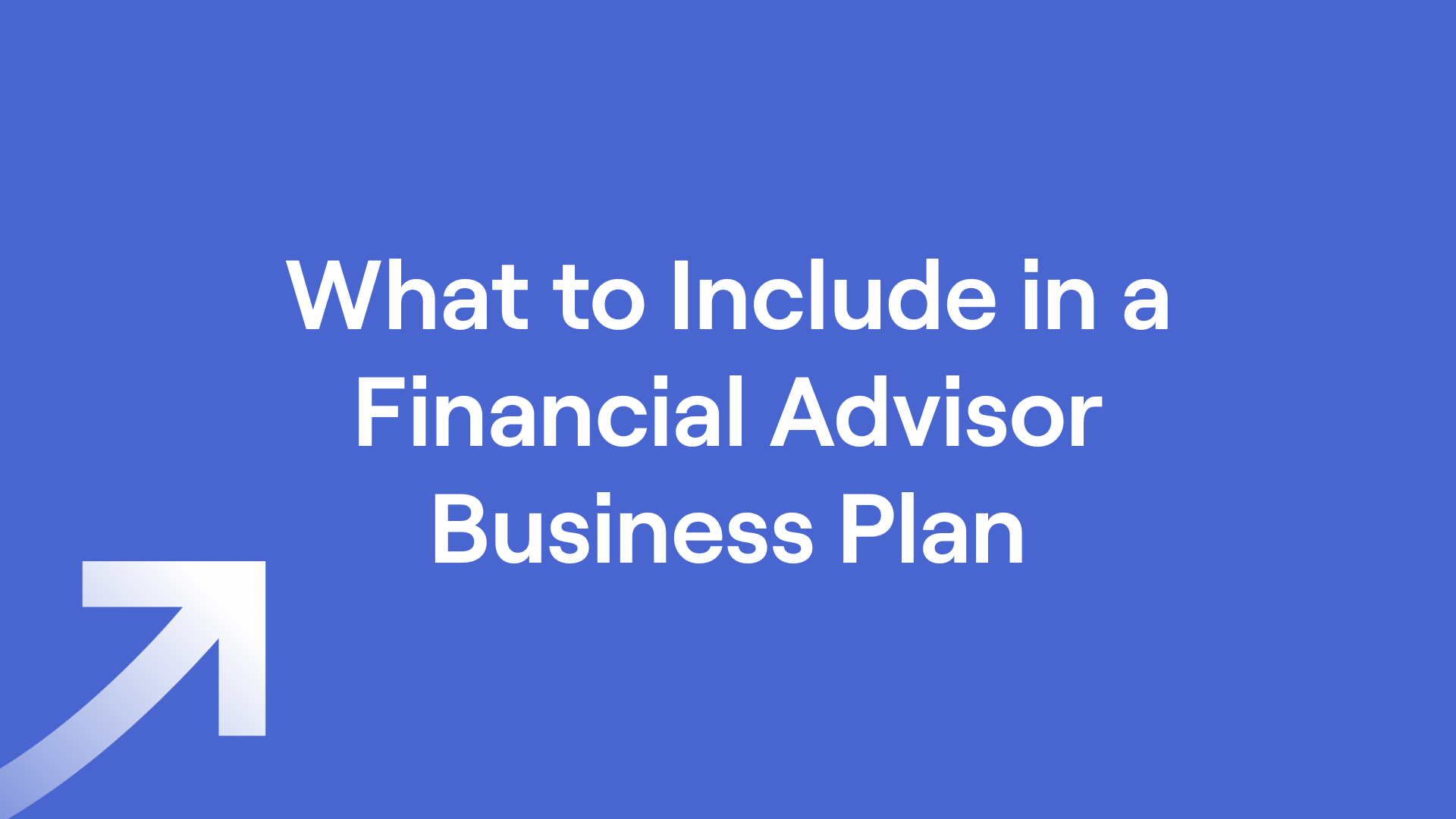10 Ways for Financial Advisors to Practice Self-Care
February 17, 2023

RightCapital recently sat down with Matt Kansy, RD, CPT to discuss how financial advisors can “Lower Stress and Become More Resilient”. Among other stress factors, modern humans are bombarded with constant stimulation, FOMO (fear of missing out), and an unrelenting pressure to perform, according to Matt. We hope that the ease of use of RightCapital helps with some of your work-related stressors, but we know there is no one magic cure and that your anxiety may not come solely from work.
Today, to run away from stress, some of us turn to distractions such as happy hour or zoning out while scrolling social media and watching The Office (guilty). Matt presented about the importance of returning to what humans did before modern times—what we are meant to do biologically to help regulate stress levels.
If you’ve ever been stressed out—and if you haven’t, please tell us your ways—you’re going to want to watch the whole recording. As a teaser, here are 10 easy(ish) ways to reduce stress that we took away from Matt’s presentation:
Bust a move
Matt says one of the best tools to reduce stress is physical exercise. Even quick movements such as a set of push-ups or a minute-long plank in between calendar meetings can help calm the nerves. You don’t necessarily need to fit in an hour of cardio each day—in fact, slow, easy workouts such as a yoga or strength routine can have a great impact on stress. Or simply challenge yourself each day by taking the stairs vs. the elevator, for example, or invest in a standing desk for your office.
Drink up
No, not that kind of drink. Matt recommends limiting sugary drinks and alcohol and focusing on H2O. The sugar in soda, juice, teas, and cocktails can cause intense blood sugar swings. Very few of us are actually hydrating properly, with at least 64 ounces of water a day—and much more is recommended if you’re exercising.
Sleep like your life depends on it
(Because it does.) You don’t just need a good night’s sleep, you need a good night’s sleep every night. A before-bed routine is essential to help regulate your body to a consistent sleep and wake time. It may be tough to hear, but stopping food, drinks, or screen time—including whatever you’re currently binge watching—at least an hour before lights out is going to help establish a better circadian rhythm. If you need a nap during the day, the ideal time is between noon and 2 pm for just 20 to 30 minutes, according to Matt.
Keep your phone more than an arm’s reach away
One way to cut out screen time before sleeping is to charge your phone outside of your bedroom. Matt also recommends leaving your phone in the car if you’re out to dinner with friends or at your desk if you’re in a meeting with clients or colleagues. Your email will be there to respond to whenever you pick your phone up again.
Make your phone less exciting
If you’ve ever said to yourself, “Hmm, what else can I check on my phone right now?”—you are not alone. Delete apps for programs you can more intentionally check on your desktop, instead of surfing from app to app simply because they are in the palm of your hand. Matt also recommended changing your phone colors to monochrome because it can be less fun to look at.
Set smaller goals
New Year’s resolutions can be intimidating, but new month resolutions can be just as effective. Setting small achievable goals may be less stressful than one aggressive year-long goal. This is similar advice to what the RightCapital book club found from reading Atomic Habits. The author, James Clear, gave the example of “my goal is just to fold one pair of socks” which will likely lead to folding the entire pile of laundry.
Pause before surrendering to distractions
If you find yourself reaching for the same coping mechanisms time and time again, pause before giving in, register what you are feeling, and say to yourself, “Can I fix this feeling another way?” Perhaps your go-to distraction can be replaced with one of the other items on this list, such as a walk around the block or a tall glass of water.
Breathe in, breathe out
It seems so simple, yet focusing on our breathing in the moment we are stressed out is something so many of us forget to do. In Matt’s presentation, he discusses many methods for intentional breathing, such as “the box method”—for four seconds each, cycle through breathing in, holding, breathing out, and holding. The idea seems to be to establish a pattern to help regulate anything else that might be going on in your body.
Be mindful
Taking the breathing tip to another level, you may enjoy establishing a morning and/or evening routine to be present and practice breathing techniques for five minutes. When you come across a stressful situation throughout the day, your body will more easily snap into the techniques you’ve been working on. This can help you be responsive instead of reactive in tricky situations where you might otherwise have snapped and said something you may not have if you’d been able to take a step back.
Speak with someone
This one may be harder than the others for some of us. If you’re finding yourself in a more extreme stress or anxiety situation, venting to friends and family can help, but it might be more advantageous to speak to someone who has experience and training. One option is Matt’s own video series or 1:1 coaching which includes personal lifestyle program development and accountability.
Take care of yourselves out there! ❤️





